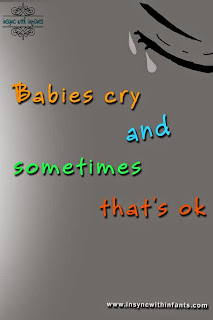How much sleep should my baby have?
Have you heard these well-meaning comments about your baby and their sleep?
“He’s a bit grumpy, are you overtired little man?”
“Surely it’s not nap time again! She’s sleeping her life away!”
The amount that baby sleeps is a common concern for many parents. There is so much noise around your baby and sleep, putting him or her to sleep and angst when it just doesn’t go to plan.
So often I hear, I can’t get her or him to sleep, that means that she/he won’t get enough sleep and will be over tired and then it will all fall apart and it will be awful and I don’t know what to do..
My dream is that we all understand baby sleep, parental influence and realistic expectations much more easily and that it will be an easier path than the one we have now. It is improving but we still have a way to go.. Sometimes your baby will get great day sleep and not so good night sleep, other times it will vice versa.
All of it is normal for your baby.
I will let you in on a secret- there is no right amount of sleep for any baby.
There are ideas of what may be common, but each is an individual with different personality and needs. The trick is to work out what your little one needs.
For those of you who really want some hard numbers- here is a very basic guide:
0-3 months about 16-20 hours a day.
3-6 months about 14-18 hours a day
6-12 months about 12-14 hours a day
12 months over 12-14 hours a day
There is nothing scientific in these numbers. This is simply what I have observed over years of assisting families with their little ones.
Not everyone will get this amount- and that is ok. Follow your baby’s lead and you can’t go wrong. Give plenty of opportunity for sleep and it usually works out exactly as you need it to.
For more check out leisabreed.com/….
